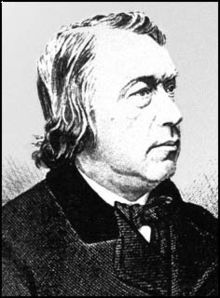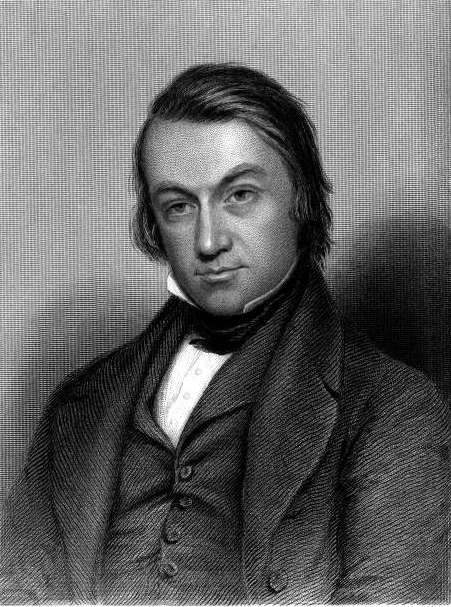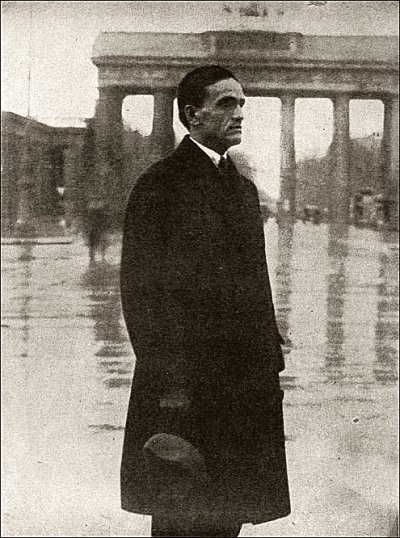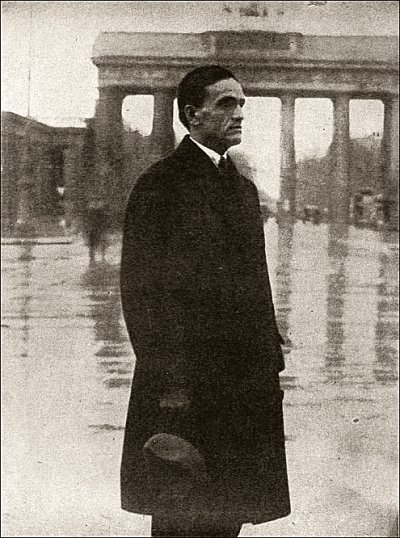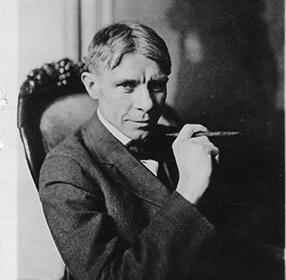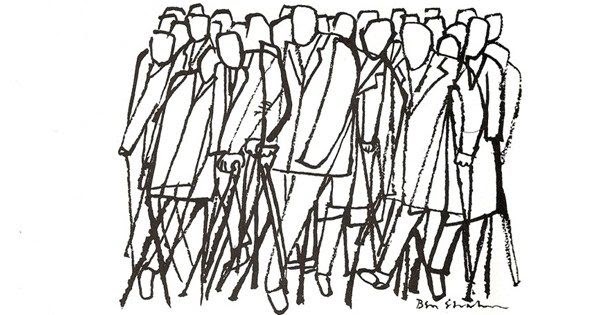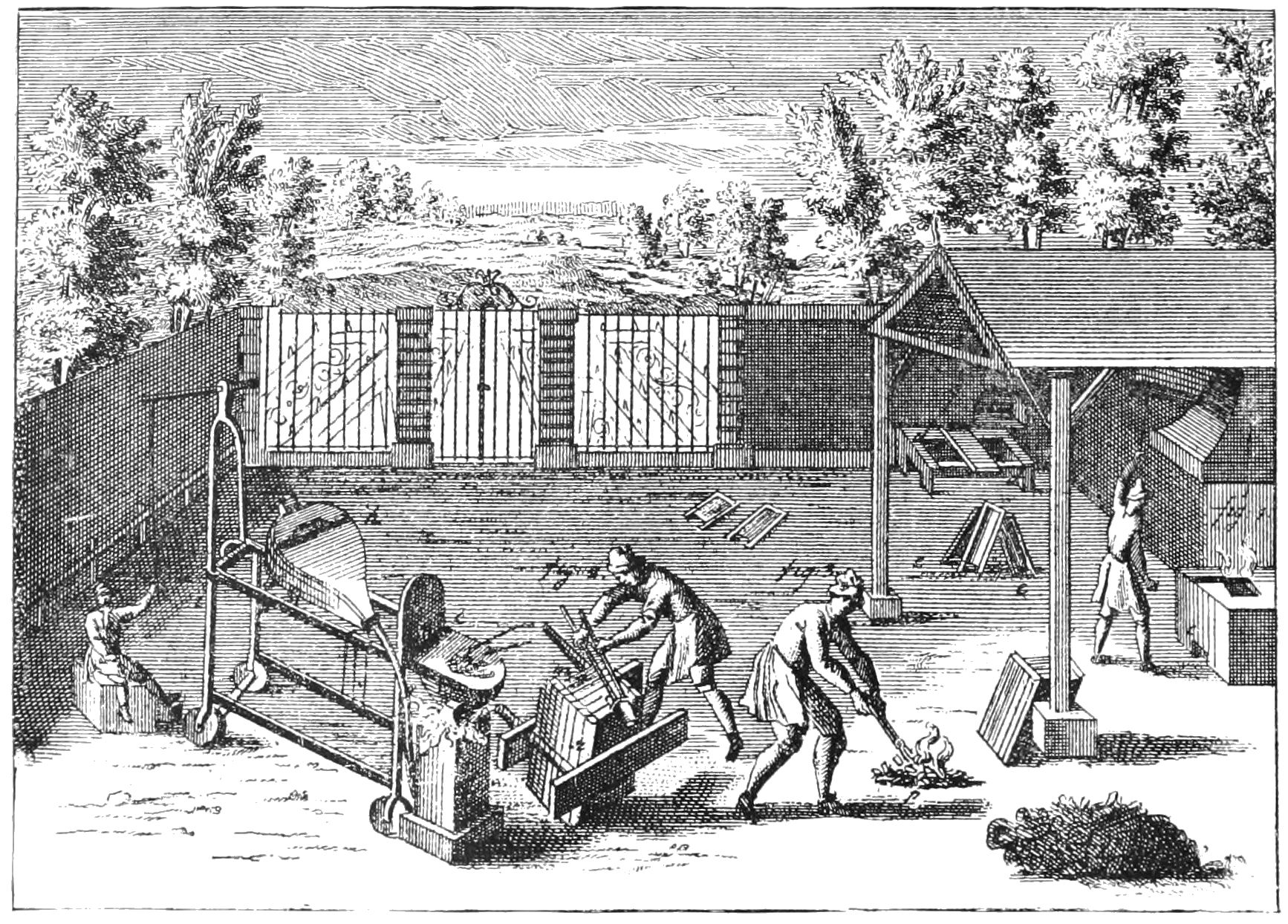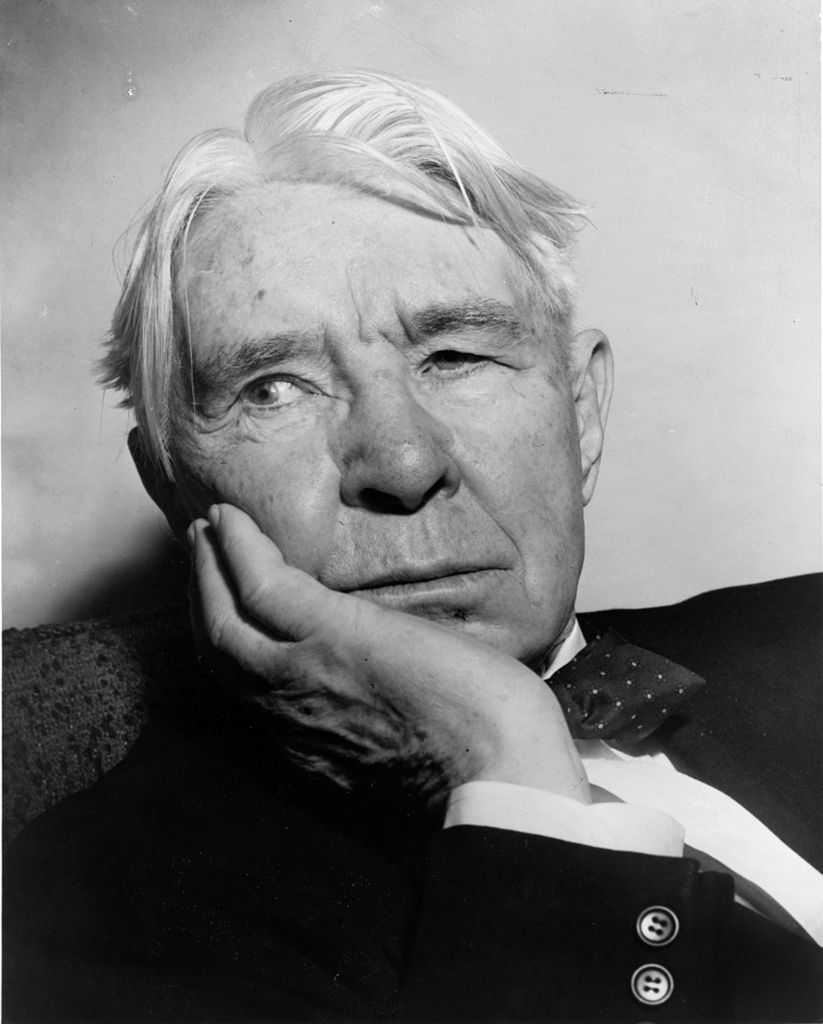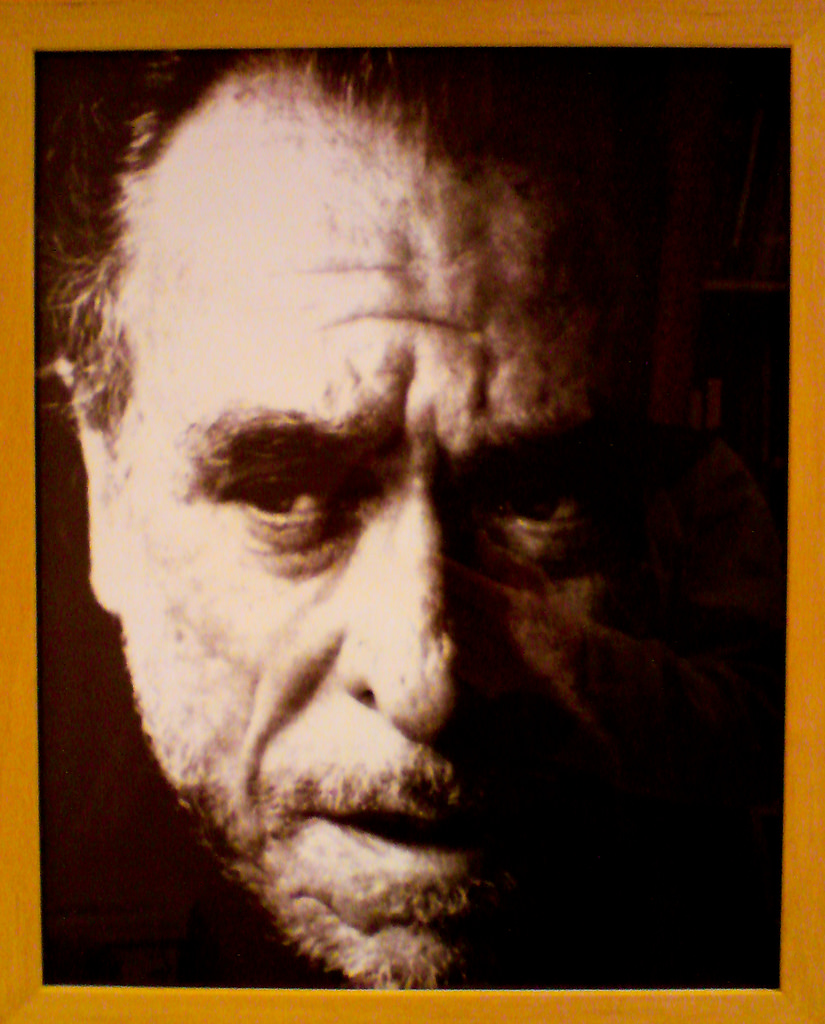About the Poet:
Christina Rossetti (5 December 1830- 29 December 1894) was an English writer who wrote a variety of romantic, devotional and children’s poems during her time. The sister of Pre-Raphaelite writer-artists, Dante Gabriel and William Rossetti, she was gifted with heights of creative powers. Although she was educated at home, it was by her mother who had studied well-known religious works, classics, fairy tales and novels of her time. Some of her most famous works include “Goblin Market” and “Remember”.
Introduction to Good Friday:
Good Friday is a devotional poem. From the literary point of view, the word ‘devotional’ means writing that could augment the religious life or faith of a person. Rossetti, through her pen, had composed a large number of poems based on devotional themes. In these poems, the poet composed prayer poems to express her intimate bond with God and to boost her readers so that they can live a devotional and God-worshipping life. All of Rossetti’s devotional poems orbit around the prophecies, warnings and promises that you find in the Bible.
The Setting of Good Friday:
This book included pre historic Latin devotional poems and hymns in addition to more modern verses. Right after this first publication, Rossetti combined the poem, The Good Friday in her 2nd volume of poetry, which is known as The Prince’s Progress and Other Poems in 1866.
Poetic Devices in Good Friday:
Alliterations:
Line 1: Am I a stone and not a sheep
Line 2: That I can stand, O Christ, beneath Thy cross,
Line 3: drop by drop
Line 12: I, only I.
Line 13: But seek Thy sheep, true Shepherd of the flock
Line 14: Moses, turn and look once more,
Style of Good Friday:
Am I a stone and not a sheep, (A)
That I can stand, O Christ, beneath Thy cross, (B)
To number drop by drop (C)
Thy blood’s slow loss And yet not weep? (A)
Summary of Good Friday:
Good Friday by Rossetti is, from the literary point of view, a rightfully devotional poem in every way. Rossetti, through her pen, had composed a large number of poems based on devotional themes. In these poems, the poet composed prayer poems to express her intimate bond with God and to boost her readers so that they can live a devotional and God-worshipping life. Rossetti’s devotional poems orbit around the prophecies, warnings and ask the reader to believe in the power of the Almighty.
Critical Analysis of Good Friday:
The speaker is shown comparing herself to ‘those women’ who loved Christs and lamented over his crucifixion. This refers to the detail provided in the Gospel of Luke of Jesus in which the crowd was being led up to the place of crucifixion. The crowd had several people, which also comprised of women that wailed and mourned for him.
She says that she is not like ‘fallen Peter’ who wept bitterly over the death of Jesus Christ, and she is also not like the thief who was also crucified with Christ. The reference to Peter in the above lines relate to the time of ‘Last Supper’ when Peter expressed his wish to go with Christ to prison or even to death by was denied by the Christ himself.
Central Idea of Good Friday:
Through Good Friday, Rossetti has tried to show the longing of the speaker who though wants to adopt Christianity, she is not ready to adopt it unless the Christ comes as a shepherd, and lead her like her sheep. The poem is a spiritual one and talks about the many different characters of Jesus Christ’s life that played key roles when he was being crucified. With the portrayal of these characters, the poet has compared her sorrows with those who were with Jesus Christ.
The Tone of Good Friday:
The poem, Good Friday, by Christian Rossetti, begins with a very harsh sentence, that is; ‘Am I a stone,’ which shows that the poet is not like the sheep that will follow God as part of his flock, rather she says that she is a ‘stone’, meaning her heart is hard like stone, or she is so stone-hearted that she will get moved by the crucifixion of Christ. The speaker in further lines says though she can number drop by drop his blood’s slow loss, yet she will not weep. That is; the poet has become so hard and stone-hearted that even the ‘slow loss of Christ’s blood’ will not lead her to burst into tears.
Conclusion:
The speaker concludes the poem by referring to the story of Moses, who had led the Jews out of Egypt and to Israel. In this final verse, the poet through speaker states that Christ is ‘Greater than Moses’.
Contributor: Deeksha Honawar
Some online learning platforms provide certifications, while others are designed to simply grow your skills in your personal and professional life. Including Masterclass and Coursera, here are our recommendations for the best online learning platforms you can sign up for today.
The 7 Best Online Learning Platforms of 2022
- Best Overall: Coursera
- Best for Niche Topics: Udemy
- Best for Creative Fields: Skillshare
- Best for Celebrity Lessons: MasterClass
- Best for STEM: EdX
- Best for Career Building: Udacity
- Best for Data Learning: Pluralsight
